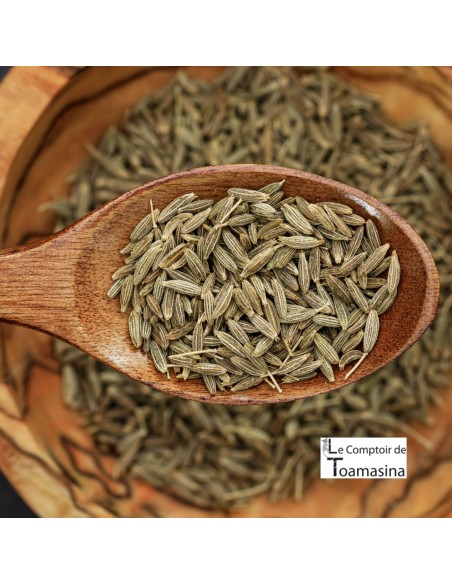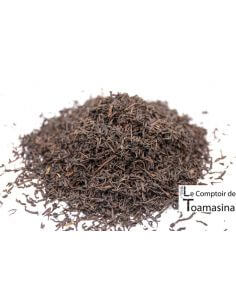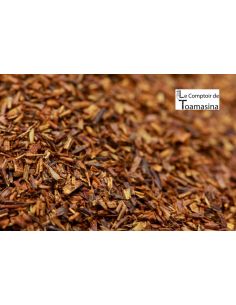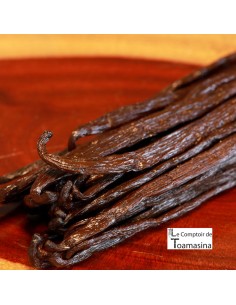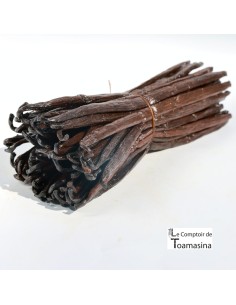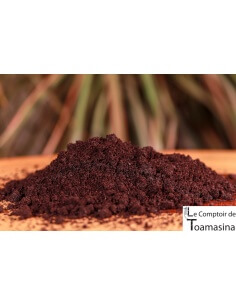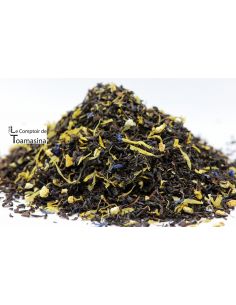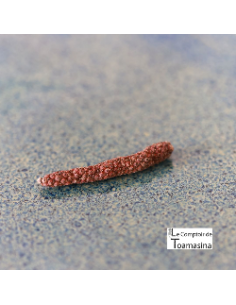Cumin, a culinary treasure prized in Asian, Latin American and North African cuisines, as well as the famous Tex-Mex, Indian and Mexican cuisines, brings an unrivalled dimension of flavor to a variety of dishes.
A herbaceous plant from the Orient has become a global spice like the vanilla bean.
Whether in whole seed or powder form, cumin offers a versatility appreciated by gourmets the world over.
Cumin seeds are a spice that stands up well to heat, so they should be introduced at the beginning of a preparation to enable their gradual release of fragrance.
They can enhance a broth or infuse their essence into a dish as it cooks, guaranteeing an explosion of flavor in every bite.
As for cumin powder, you can use it in dry marinades, taco seasonings, vegetable dishes and kebabs. Popular with Moroccans, who always keep it handy on their table, this precious condiment adds a touch of character to every dish. But in this case, you simply have to add it at the last minute.
Powdered cumin is generally used in smaller quantities than whole seeds, because of its greater concentration of flavor. A simple rule of thumb: one tablespoon of cumin seeds can be replaced by one tablespoon of cumin powder, with a slightly amplified aromatic intensity (around 25% more).
In cooking, cumin reveals itself in all its splendor, whether in spice blends such as curry, chili con carne, ras el hanout, couscous, tajine or garam masala. It combines harmoniously with a multitude of ingredients such as turmeric, garlic, ginger, cinnamon, thyme, oregano and aniseed, enhancing fish, lamb, chicken, vegetables, sauces, soups and cheeses such as Edam or Gouda.
To enhance its aromas, we recommend adding cumin at the end of cooking, guaranteeing an explosion of flavor every time. Except for marinades.
Don't hesitate to add it to certain cheeses.

